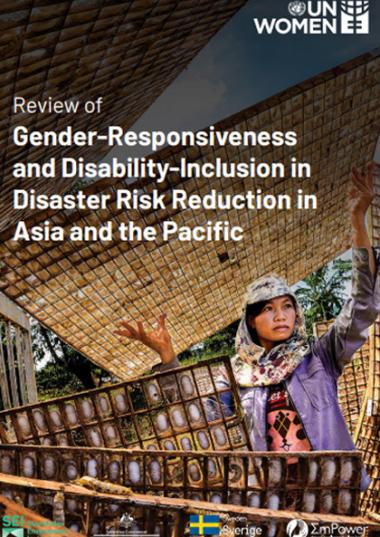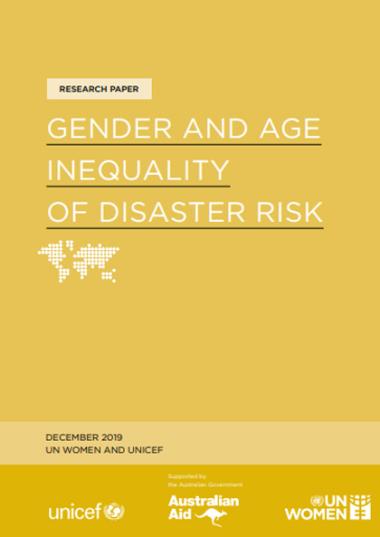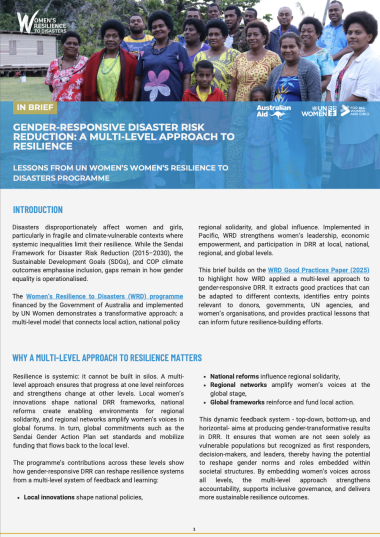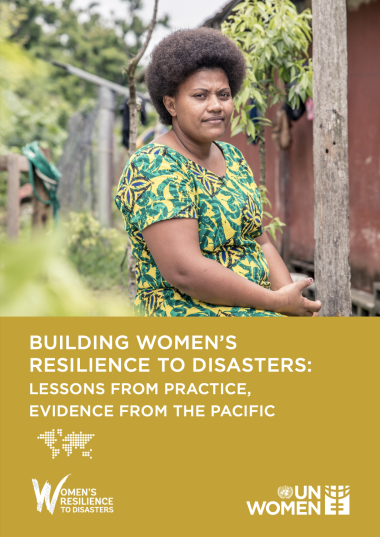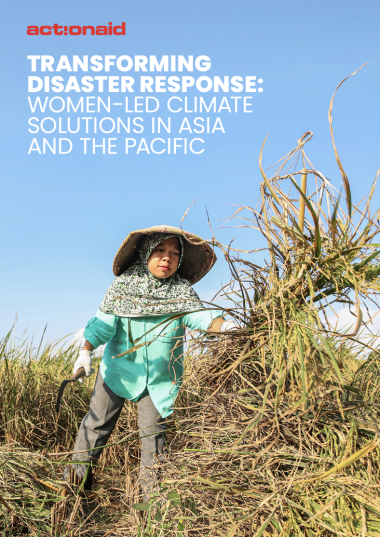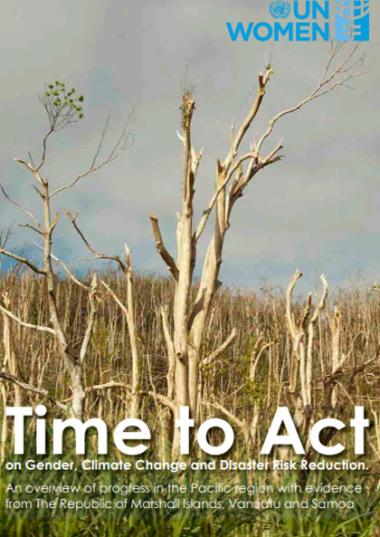
Making the critical connections between climate resilience & inclusive WASH
November 2021
This report presents vignettes of the activities and outcomes of a variety of Water for Women projects in Asia and the Pacific. It also outlines recommendations from the partners for strengthening climate resilience for inclusive WASH at different levels, recognising that achievement of climate-resilient, inclusive WASH depends on gender and socially transformative practice in the WASH sector. This collection of experience demonstrates that the WASH sector is already well-positioned to integrate strategies to increase climate resilience and that inclusive WASH can, and should, be the foundation of an inclusive, climate-resilient future. This report is intended to interest civil society and government actors in the global WASH sector who are keen to gain inspiration on how to strengthen gender equality and social inclusion (GESI) within, and as a means of achieving, climate-resilient WASH programming.
This report recommends several lessons that the global WASH sector can do to achieve climate resilience for inclusive WASH everywhere. These include acknowledging the gendered and socially differentiated nature of climate impacts on WASH access and acting accordingly, raising awareness of women and marginalised groups when discussing climate change and WASH, and ensuring the meaningful participation of women and marginalised groups. Furthermore, partners must integrate climate resilience and inclusion into national and sub-national WASH policy and strategies, mainstream climate resilience into existing inclusive WASH service delivery and programming, and mobilise existing knowledge and resources at local levels. Finally, partners must also help fill gaps in knowledge about how climate change affects inclusive WASH and effective responses and aid in transforming unequal power relations that create inequalities and deficits in human development and security.
